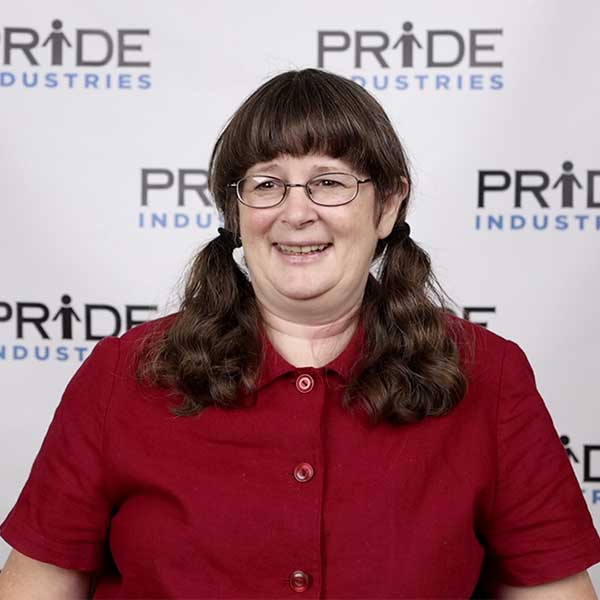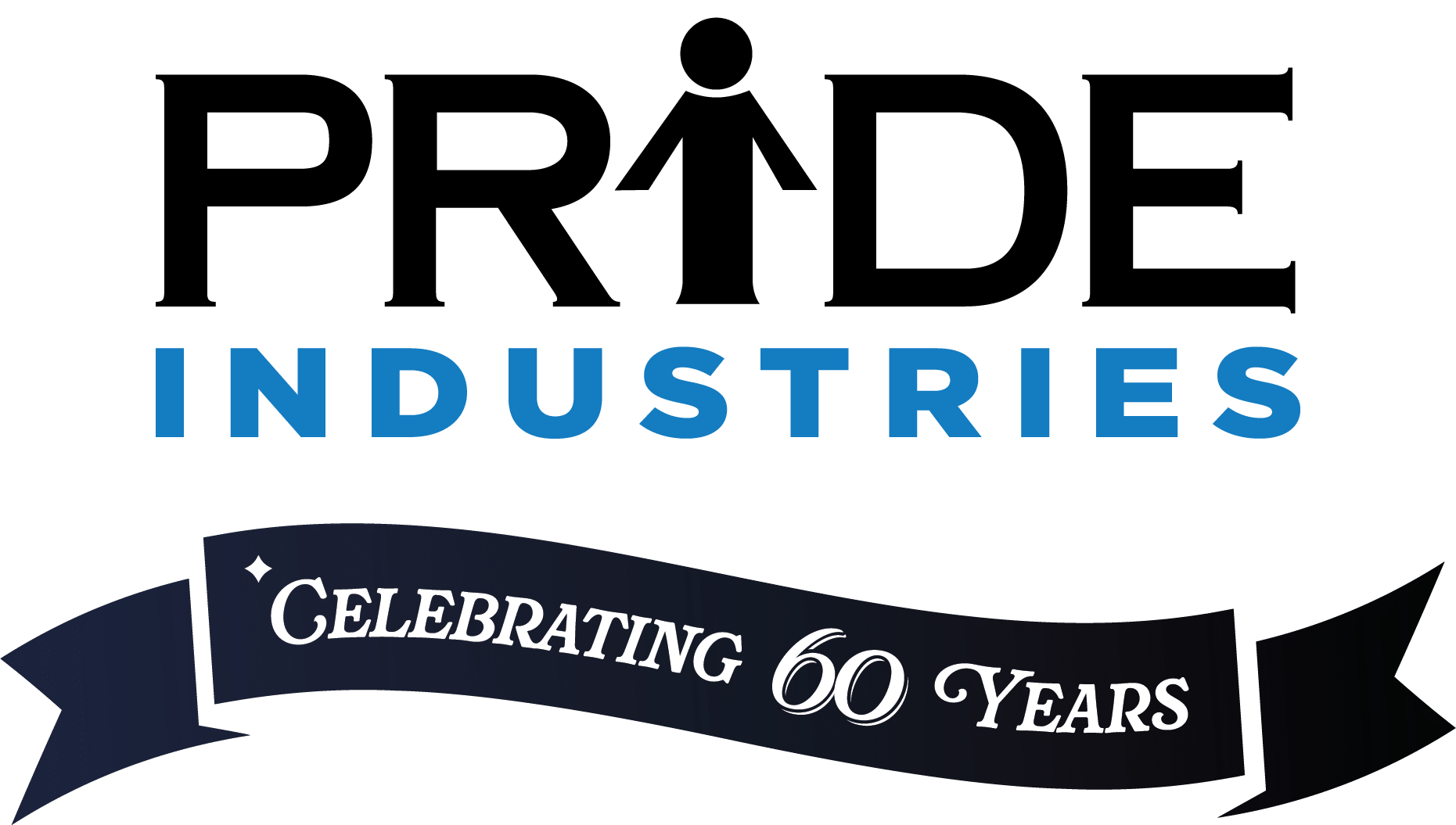“You must first learn to go slow before you can go fast.”
This motto became a source of inspiration for Sherryl Kubel during her extensive recovery after an acquired disability in 2017. A car accident left her with multiple fractures and a brain injury, impacting her speech, memory, and mobility. Consequently, she had to relearn various fundamental life skills. Embracing the idea of “slow before fast” gave her room to do so.
Sherryl would soon apply this adage to another milestone when, after more than a year of physical rehabilitation and three months of brain rehabilitation, she was medically released for work. At that point, she wanted to initiate the second phase of her recovery from the accident: employment.
Upon conducting some initial research, Sherryl quickly discovered that finding a job wouldn’t be easy. Only about a third of people with disabilities, including acquired disabilities, are employed. When it comes to getting hired, they find themselves up against myths and stigma—which is unfortunate not only for people eager and skilled to work, but also for potential employers who miss out on the benefits this workforce boasts: high retention rates, low turnover, and low absenteeism—to name a few.
Creating a Path to Employment with an Acquired Disability
Fortunately, Sherryl’s search led her to the California Department of Rehabilitation which, in turn, referred her to PRIDE Industries. There, she was linked to job developers who helped her with every step of the pre-employment process.
“They showed me how to write a resume, how to write a cover letter, how to fill out applications, and how to interview,” said Sherryl. “I learned how to seek accommodations and ask for them if needed. Then they worked with me on skill development toward my employment goal of office assistant.”
Sherry’s job coaches also trained her in multiple office skills, including data entry, phone etiquette, software, and even video meeting practice.
“At each level, my job coaches gave me the space to ‘go slow before I went fast,’” said Sherryl. “A strategy that proved, as it had during my rehabilitation, fruitful.”
From there, Sherryl underwent one of the most helpful parts of her PRIDE Industries program: a simulated work environment. For three weeks, she went to an office every day as if going to a full-time job.
“While I did this, they tested me on around 50 different tasks, providing feedback on my strengths and weaknesses. This helped me to clearly understand what I needed to work on going forward.”
Watch Sherryl tell her story in the video below.
An Internship, a Job, and a Certification
After that, PRIDE Industries offered Sherryl a five-month internship in the Proposals Department as a Proposal Development Assistant. The proposals team was so impressed with her that they soon offered her a full-time position. Three years later, after gaining skills and knowledge in the field, she has a new milestone to celebrate: acquiring the Association of Proposal Management Professional’s (APMP) Foundation-level certification.
As the global standard for developing and demonstrating proposal management competency, the certification program is robust and the test comprehensive.
“I studied for it, intermittently, for three years,” said Sherryl.
Sherryl’s work within the Proposals Department also equipped her for the test.
“It’s not something you can pass just by studying,” she said. “You have to have had exposure to the whole process and have experience applying the knowledge.”
The certification signals Sherryl’s competency in a career she enjoys.
“This is what I like doing,” she said. “It’s my passion and makes use of my degree in technical writing.”
Sherryl’s achievement has also been noted by her supervisor, Proposal Development Director Lisa Forster.
“This is a big accomplishment for Sherryl,” said Lisa. “But it also brings value to the proposals team and to PRIDE Industries. Not every proposals professional has this certification, and Sherryl took the initiative to go after it while working and supporting our department.”
Continuing the Path of Recovery and Employment
Not only has Sherryl brought her own unique qualities and skills to the PRIDE Industries Proposals Department, but she has also embodied significant employment truths: People with disabilities, including brain injuries, can and do make great employees. In fact, in several areas, their presence in an organization brings many business benefits, including higher retention, more revenue, more net income, and more profit.
Slow before fast, Sherryl has accomplished much—with no signs of stopping.
“I’m on my way to advancing my career as a proposal writer,” said Sherryl. “It’s like a dream come true!”
Make a social impact

“I’m on my way to advancing my career as a proposal writer. It’s like a dream come true!”
